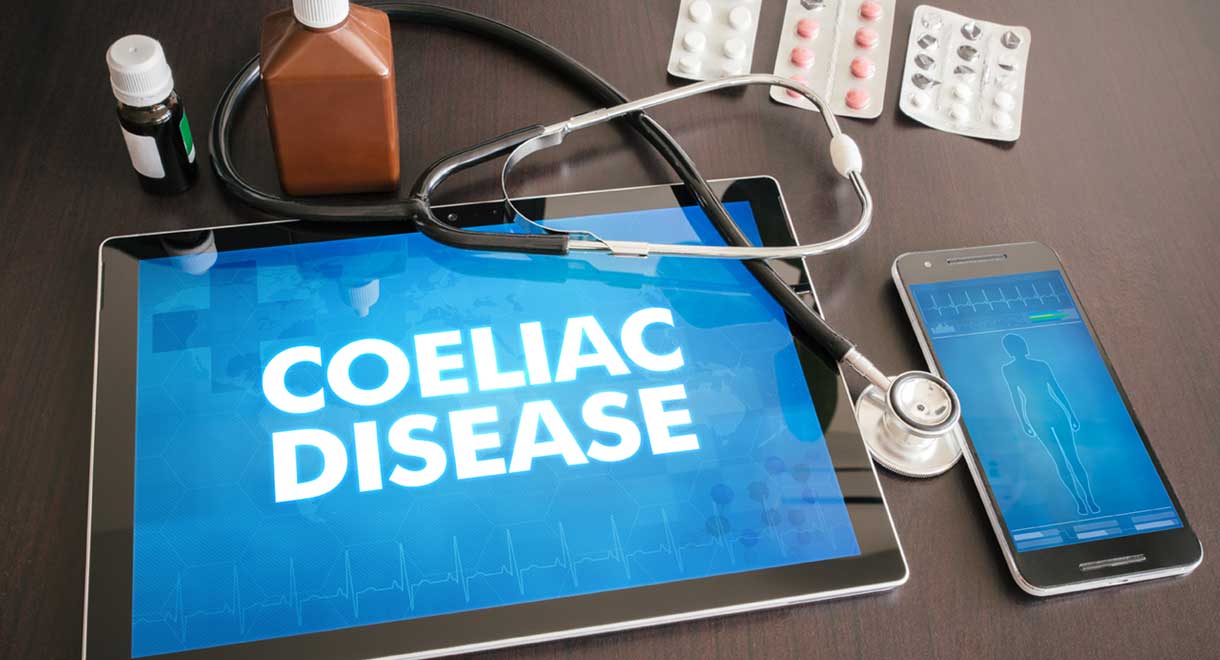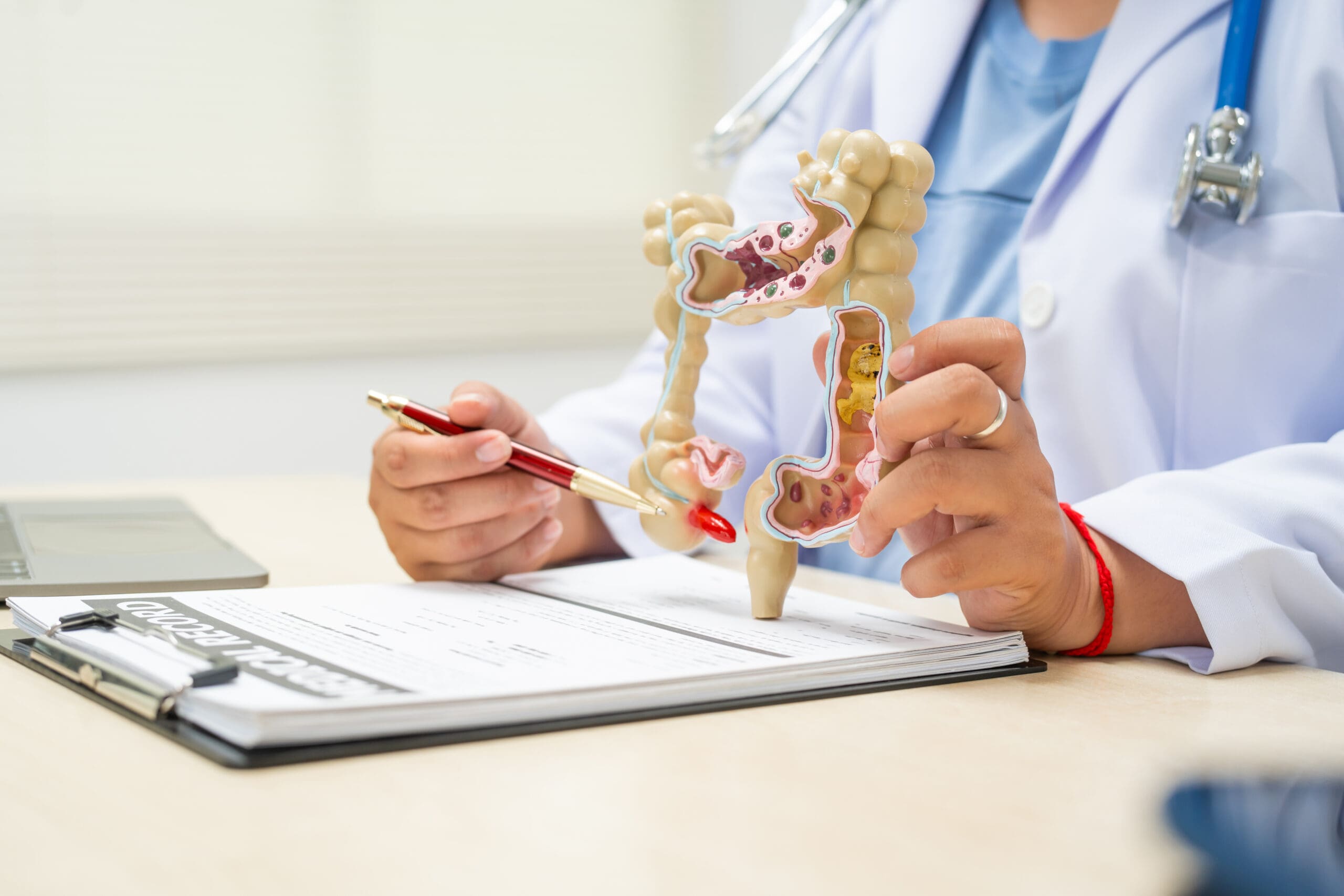Some medication raises the risk of coeliac disease
By naturopath Margaret Jasinska
Proton pump inhibitors are some of the most commonly prescribed drugs. They block the ability of your stomach to make acid. Common examples include Nexium, Losec, Prevacid, Somac, Zoton, and Pariet. Research has shown that taking these drugs can raise your chances of developing coeliac disease.
Coeliac disease is an autoimmune condition whereby ingestion of gluten triggers inflammation and destruction of the small intestine. A strict gluten-free diet is the only cure. The incidence of coeliac disease has been steadily climbing over the past decades; according to research comparing the stored blood of soldiers with people today, coeliac disease has increased by up to four times in the past 50 years.
There are several possible explanations for this, but a recent study is very interesting. A paper titled “Use of proton pump inhibitors and subsequent risk of celiac disease” was published in the journal Digestive and Liver Disease. The researchers examined digital biopsy reports from 28 pathology departments in Sweden and used the Swedish National Prescribed Drug Registry to check if coeliac disease patients and healthy control patients were prescribed any proton pump inhibitors or histamine 2 receptor antagonists (a different type of stomach acid blocking drug).
The results were quite significant: 16% of patients with coeliac disease had a prior PPI prescription, while only 4% of controls did. The association remained strong for both genders and all ages; however, it was stronger for men and for patients younger than 20 years.
Why do drugs for reflux/heartburn raise the risk of coeliac disease?
There are at least 3 reasons:
- PPIs increase the permeability of the stomach, and can allow the absorption of gluten straight into the bloodstream, triggering an immune response.
- By reducing the quantity of acid in the stomach, all proteins cannot be digested properly, which increases the risk of an immune response in the small intestine.
- It is possible that people who need proton pump inhibitors have digestive problems that already predispose them to developing coeliac disease.
In most cases there are healthier alternatives for reflux and other digestive problems than proton pump inhibitors.
Here are some tips that may help you
- If you are overweight, it is vital to lose weight, and the easiest way to do this is with a diet low in sugar and grains, and high in vegetables, protein and natural fats, such as in the book I Can’t Lose Weight and I Don’t Know Why.
- Try not to eat overly large meals, especially in the evening, as this will increase pressure inside the stomach.
- Do not drink with your meals. Confine your fluid intake to between meals.
- Avoid tight-fitting clothes around the middle and do not bend over after meals.
- If you are constipated, reflux and bloating will be worse. If a healthy diet isn’t enough to help you go to the toilet, Fibretone powder should help.
- Avoid excessive coffee and alcohol. Some people find that spicy food such as chilli or curry will aggravate symptoms, so trial and error is required.
- A lot of people with heartburn or reflux have imbalanced gut bugs and small intestinal bacterial overgrowth. A low FODMAP diet may be immensely helpful, and BactoClear capsules can help with symptoms of medically diagnosed irritable bowel syndrome.
- If you are taking long-term antacid drugs such as PPIs, it is wise to sip organic apple cider vinegar during your meals to increase acid for the digestive processes. Dilute 1 to 2 tablespoons of the apple cider vinegar in ¼ mug of warm water and sip slowly during your meals.
- Food intolerance is very common in people with digestive problems. Common aggravating foods are gluten, dairy products, wheat and soy.
- Glutamine is an amino acid that can reduce irritation in the oesophagus and stomach and good results can be achieved by taking one teaspoon of glutamine powder twice daily. You can find glutamine in Ultimate Gut Health powder.
Please don’t discontinue any medication without your doctor’s supervision.









Leave A Comment